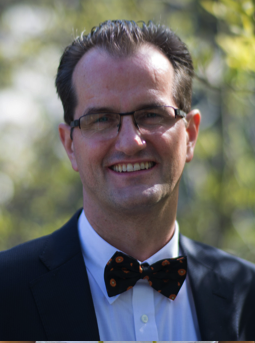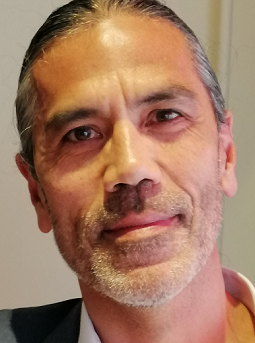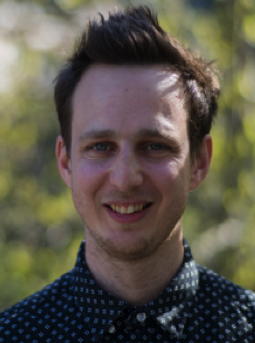The Danish 22q11 research initiative was initiated by Professor Thomas Werge from the Institute of Biological Psychiatry (IBP), Skt. Hans, in Roskilde and is part of the iPsych initiative. Patients with the 22q11.2 deletion syndrome are at very high risk of neurodevelopmental disorders. The Danish 22q11 initiative aims to model the multi-dimensional, i.e. cognitive, neuroanatomical, and neurophysiological domains, environmental exposures and family disposition that are predictive of the pathology currently defined by the diagnostic criteria for schizophrenia, autism or ADHD. The chance of developing schizophrenia is estimated to be approximately 30%. The 22q11.2 deletion research at DRCMR investigates whether changes in effective brain connectivity represent a functional marker in individuals prone to schizophrenia and psychosis. Specifically, EEG and fMRI are used to investigate subject’s ability to detect stimulus changes in the auditory domain on a high temporal and spatial scale, an ability that is significantly diminished in schizophrenia patients. At Lundbeck animal studies in 22q11 mice are conducted. The latter provides a translational approach that allows more insight on the neurophysiology underlying 22q11.2 deletion and consequently schizophrenia. Importantly, the translational results between the human EEG and the recordings in mice will lead to a better understanding of the neural mechanisms underlying the development of schizophrenia and psychosis.
 |
|
The 22q11.2 project employs electroencephalography (EEG) and functional magnetic resonance imaging (fMRI) |






